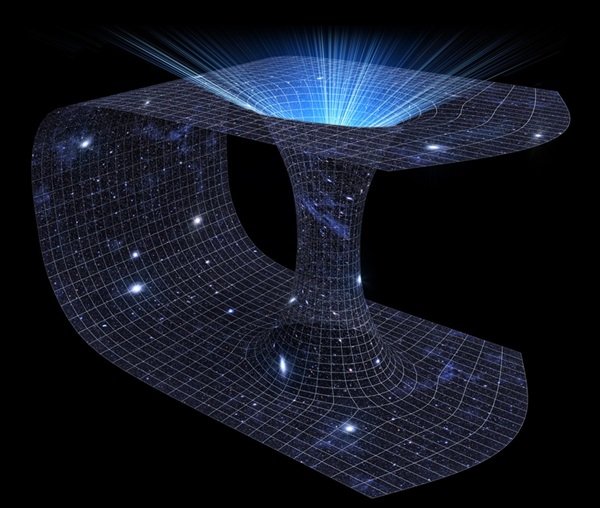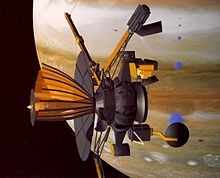
Yeah dude I just HATE knowing how things work! Who the fuck CARES how the Universe will die, or that we don't understand 95% of it SO WHAT. I hate the Universe. And apparently myself since I AM a physicist who's also a woman. GASP. 🙄
https://twitter.com/YvanDutil/status/1357652085219733505
Oh Saturn has a hexagon shadow going because of the physics of fluid and shit? SO WHAT. HOW BORING. (NOT)
Amazing work by the wonderful @JPMajor (oops i mean NOT amazing, I'm a woman and therefore in hate this! 🤦♀️)
Amazing work by the wonderful @JPMajor (oops i mean NOT amazing, I'm a woman and therefore in hate this! 🤦♀️)

Oh, and the Universe looks like a cosmic web because of the way that stupid boring stuff you call "dark matter" decided to orient itself and so the stuff we can see fell towards it, because of literally THE MOST BORING THING EVER: PHYSICS?! Pshhhh
(From Millennium Simulation)
(From Millennium Simulation)

AS IF I care that giant clusters of galaxies (that are bound together by this "gravity" crap) bend spacetime so that galaxies behind them that should be blocked are seen as arcs 🙄 BORING. (Wait that looks like a smile... NO. It's boring. I'M A WOMAN DAMMIT)
(Credit: NASA/ESA)
(Credit: NASA/ESA)

Oh OKAY so now there's this stuff about quantum mechanics that says stuff *actually does* tunnel through walls. Wait, it can get to Hogwarts?! NO I'M A WOMAN SO I HAVE TO HATE PHYSICS! (Why am I feeling like I really love this stuff?!)
(Drawn by me; I know, BLASPHEMY)
(Drawn by me; I know, BLASPHEMY)

OKAY now I'm supposed to care that this is an image of Saturn's rings, and they look all wavy and stuff because of gravity and orbital mechanics, ie PHYSICS? NAH
(More on my blog post all about Saturn's rings: astropartigirl.com/2017/05/27/sat…)
Image processed by me. I know, blasphemous.
(More on my blog post all about Saturn's rings: astropartigirl.com/2017/05/27/sat…)
Image processed by me. I know, blasphemous.

Whoopdeedoo, a wormhole could IN THEORY get me to a place REALLY FAR AWAY in the Universe. Which in itself is boring. I don't care about the idea of being able to see our galaxy from another one!! ... wait, I DO think that's pretty cool... 🤔
(Image from astronomy.com/news/2019/07/i…)
(Image from astronomy.com/news/2019/07/i…)

SO WHAT that there are these things called black holes that NOTHING, NOT EVEN LIGHT can escape from?! And some were formed from dying stars, while ginormous ones at the centers of galaxies we don't even understand how they were created? And there's one in OUR galaxy? MEH
(LIGO)
(LIGO)
Wait, so you're saying that stuff like time travel that I love to watch on my favorite shows like Doctor Who actually have some physics behind it, even if it might not work in practice (or might)? BOO, HOW BORING TO THINK OF HOW WE COULD MAKE IT A REALITY. Wait a sec...
So, none of the stuff I mentioned above is ACTUALLY BORING, and I ACTUALLY LOVE IT. Could it be that WOMEN ACTUALLY DON'T HATE PHYSICS?!! 😱 SHOCKING. What's even MORE shocking is that I had to write a thread about it, because people still believe women hate physics. In 2021. 🤦♀️
• • •
Missing some Tweet in this thread? You can try to
force a refresh



